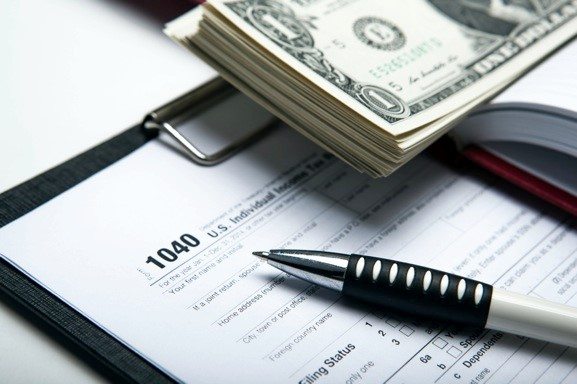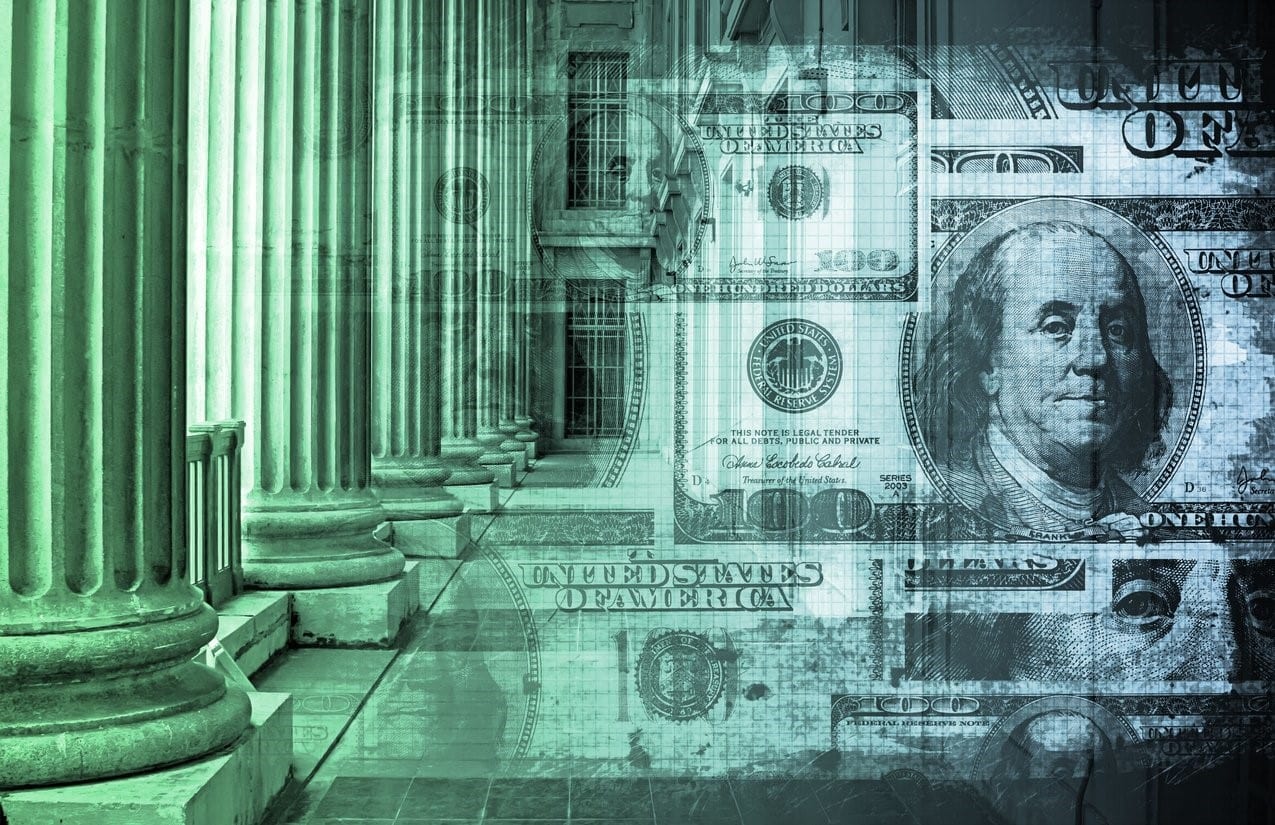
Fraud and waste are unfortunate components of all government assistance programs. In fact, fourteen government assistance programs in 2014 alone lost $663.8 billion to fraud. Improper welfare payments, and fraud, represented a staggering $59.6 billion of that loss—a sum greater than the entire budgets of Housing Assistance, or the entire budgets of Child Nutrition, Head Start, Job Training, WIC, Child Care, LIHEAP and Lifeline programs combined.
The federal Office of Management and Budget defines an improper welfare payment as:
- Funds going to the wrong recipient;
- The right recipient receiving incorrect amount of funds (including overpayments and underpayments);
- Documentation is not available to support a payment; or
- The recipient uses funds in an improper manner.
Former President Ronald Reagan created a social awareness about welfare fraud (much of it based on misconceptions) with his rhetorical speeches about “welfare queens”—a coded racist reference to black mothers drawing federal government assistance.
This does not mean that welfare fraud is not a significant problem. It is, and that’s why both federal and state governments waged continuous investigations into criminal wrongdoing associated with these assistance programs.
But when can you be charged with welfare fraud, and how are these cases handled in the federal court system?
What Is Welfare Fraud?
When an individual receives benefits that he or she is not entitled to, the individual may be arrested for welfare fraud. Need-based programs have specific requirements that an individual must meet to receive benefits: income, marital status, etc. Examples of welfare fraud:
- Lying about any of these factors to receive welfare may be considered welfare fraud.
- Failing to disclose any information that would disqualify you from receiving welfare benefits may also qualify as welfare fraud.
- Forging a document that would allow you to receive federal benefits.
If you are charged for welfare fraud, you may also face charges of theft, larceny, perjury, or forgery.
What Benefits are Considered “Welfare?”
Receiving benefits from any of the following organizations falls under the category of “welfare,” which means fraud against any of the following can be charged as welfare fraud:
SNAP
Housing Assistance
TANF
WIC
Pell Grants
Lifeline
Why Is Welfare Fraud a Federal Issue?
Charges of welfare fraud can be brought either at the federal or state level, depending on the source of information and the agency conducting the criminal investigation.
Why does the federal government get involved?
Because even though many benefits are distributed and managed by the state, states receive federal funding for welfare programs. Since the fraud concerns federal funds, charges of welfare fraud can be tried in a federal court where they will be subject to federal sentencing guidelines.
What Are the Penalties for Welfare Fraud?

Like many federal sentencing guidelines, the penalties for welfare fraud depend on the amount of money that was received through fraudulent measures. Penalties include incarceration, fines, and – of course – having the label of a convicted felon.
Some cases of welfare fraud, like the one involving “welfare queen” Linda Taylor, or the case of Barbara Williams (who used over nine aliases to receive more $200,000 in fraudulent welfare assistance) have made national news. Both women received a sentence of multiple years in prison.
Let’s look at one recent example in Texas.
In 2014, three women who worked for the Texas Department of Health and Human Services Commission accepted cash payments for approving ineligible recipients for government welfare. The scheme took place over the course of two years, and the three received tens of thousands of dollars each.
The leader of the scheme, Irene Hernandez, pleaded guilty to a state second-degree felony theft of property and was sentenced to two years in prison and received a fine of over $200,000. The other two women did not receive jail time, but were sentenced to pay over $80,000 for their crimes.
Even at the state level, penalties for welfare fraud-related offenses are taken seriously by prosecutors. If you get charged or learn that you are under investigation, you need to get someone on your team who understands how these types of cases work.
One important thing to note is that repayment is not a legitimate defense for welfare fraud charges. Even if you have the money ready to pay back to the government, or have already returned the payments you received, you may still be charged for welfare fraud at the federal level.
That being said, there are ways to prove your innocence and reclaim your freedom. Contact a federal defense lawyer today to get started on your case.



